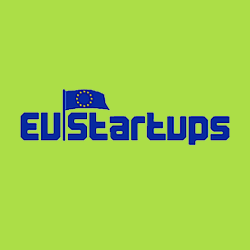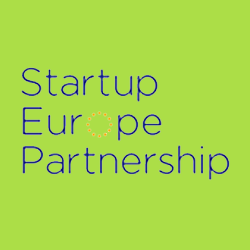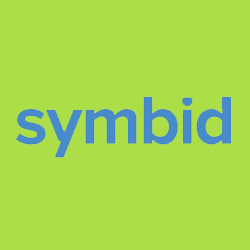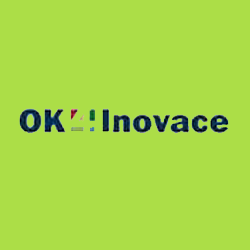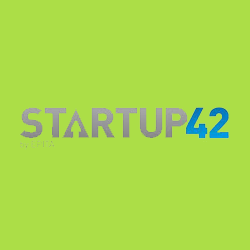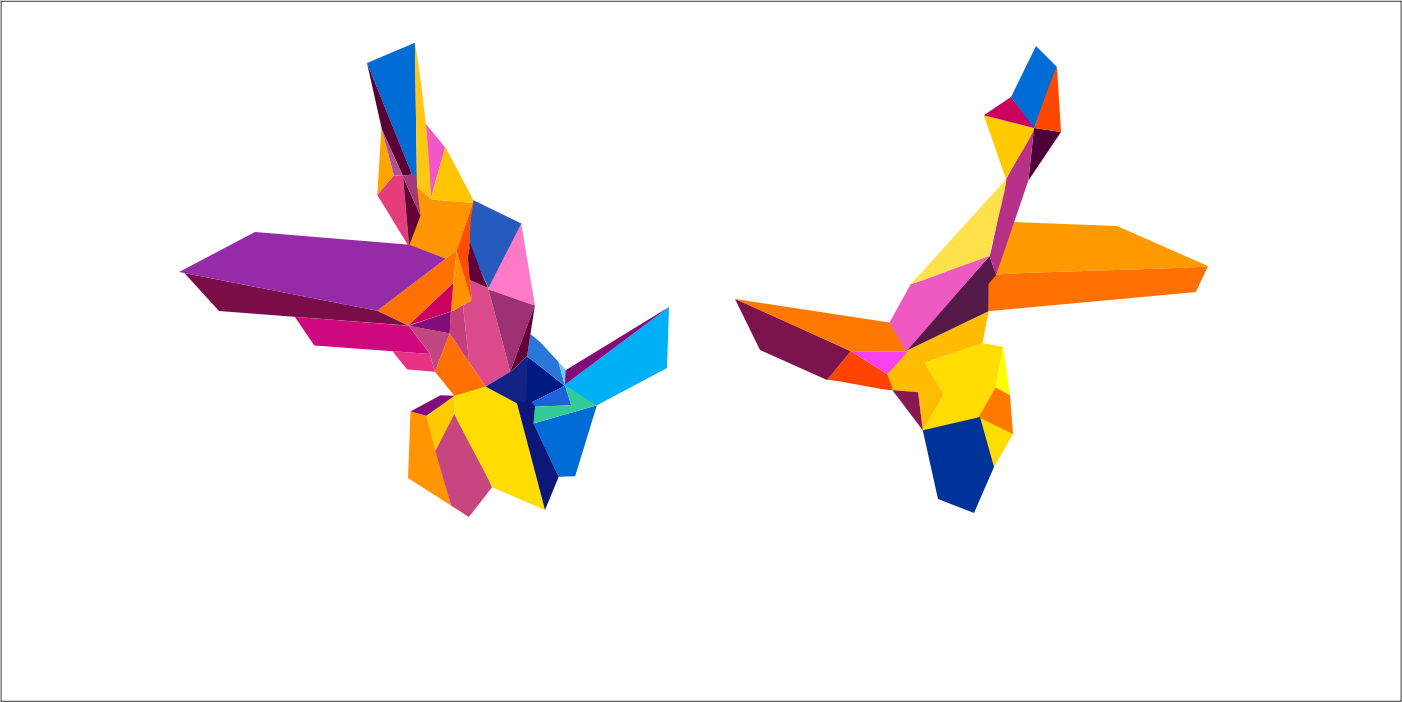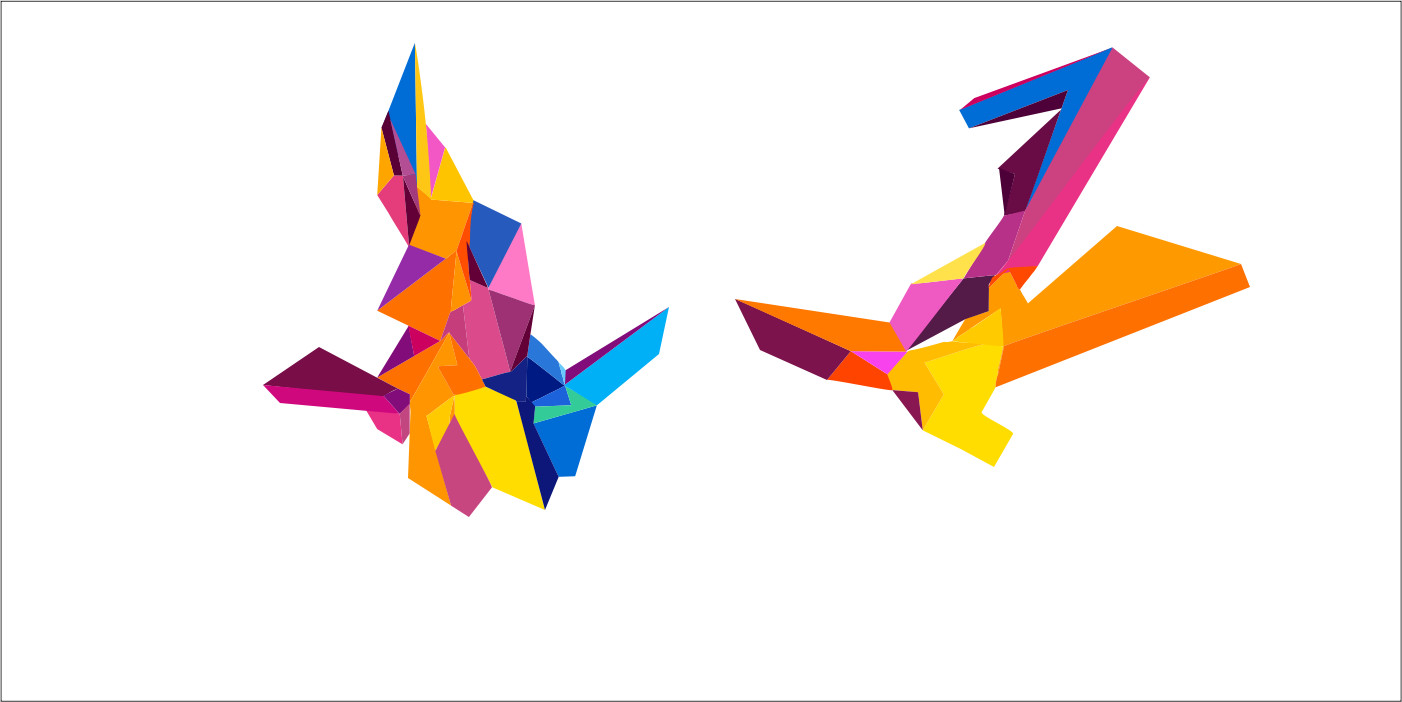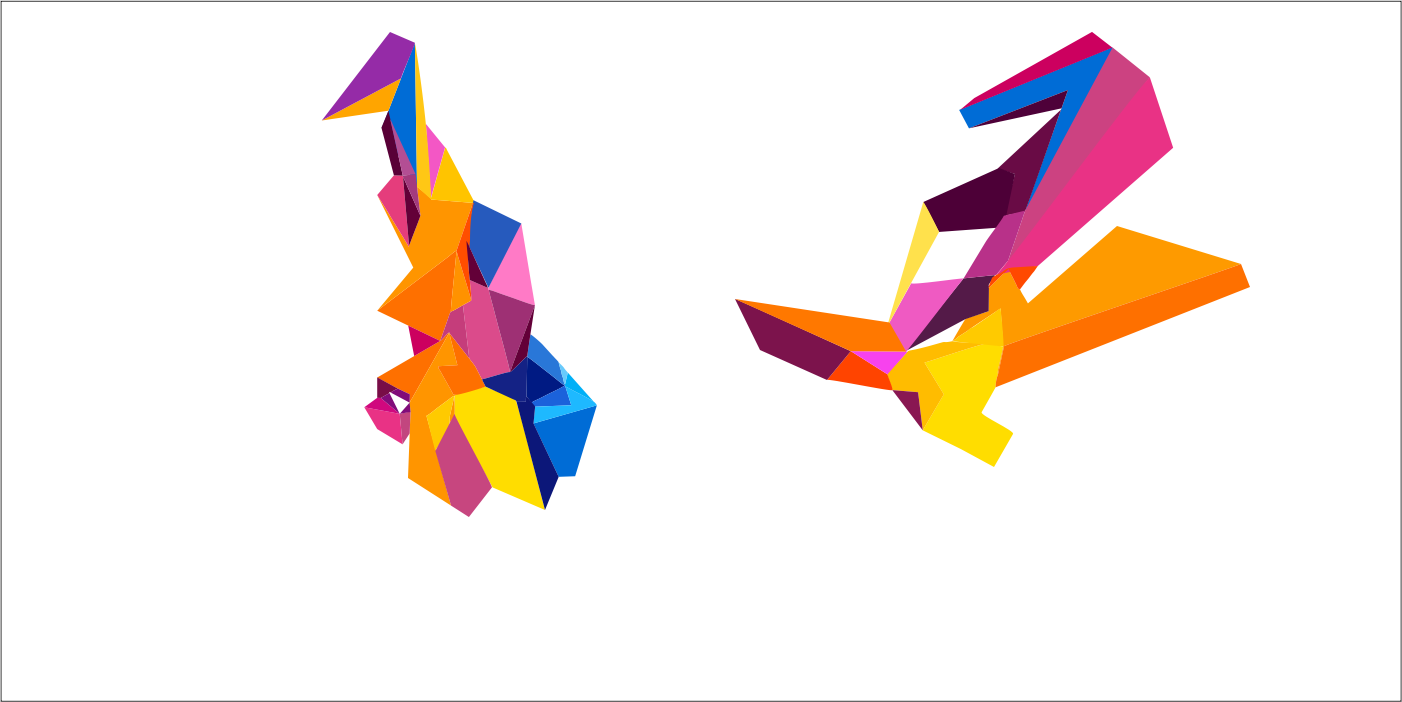Crowdfunding in Europe has attained a significant level of growth, adoption and maturity in recent years. Equity crowdfunding has enabled small time investors to diversify their portfolios and gain ownership in high growth startups, leveling the playing field.
The Startups Post compiled a list of top crowdfunding platforms to watch for in Europe:
Crowdcube /UK/
Founders: Darren Westlake & Luke Lang
Crowdcube is Britain’s largest and the world’s first equity crowdfunding platform, targeted exclusively at investors who are sufficiently sophisticated to understand these risks and make their own investment decisions. More than £26 million have been successfully invested through Crowdcube so far. In February 2014, Crowdcube launched the ‘Crowdcube Venture Fund – that allows investors to crowdfund startups with the extra reassurance that their money is invested, managed and monitored by an independent professional fund manager.
Launched in 2010, Darren’s and Lang’s company has led the pack for equity based crowdfunding.
Funding Circle /UK/
Founders: Samir Desai, James Meekings & Andrew Mullinger
Funding Circle is the leader in the peer-to-peer marketplace that can help businesses access fast and simple finance, whilst investors have the potential to earn better returns by lending to them. It directly connects people and organisations who want to lend, with vetted, credit worthy established businesses who want to borrow, thus eliminating traditional banking. Through Funding Circle, businesses can pick the lowest interest rate offers, borrow from many investors and make monthly repayments. More than £285 million have been lent via Funding Circle so far.
Funding Circle is dominating the peer-to-peer lending industry that is tripling in size each year, and has the potential to become worth over £12 billion per year within a decade according to independent research by Nesta.
Ulule /France/
Founders: Alexandre Boucherot & Thomas Grange
Since its launch in October 2010, Ulule has helped finance more than 4900 creative, innovative, or community-minded projects with a 67% crowdfunding success rate in 2014. Ulule is the first platform to offer two fundraising types: the project manager can set a budget target, or a number of objects / items to pre-sell. Ukuke also offers an open API if you want to digg Ulule’s data or operate crowdfunding campaigns on your own website.
FundedByMe /Sweden/
Founders: Daniel Daboczy & Arno Smit
FundedByMe was founded in Stockholm, Sweden, in March 2011 and is one of the first crowdfunding platforms in the world to offer both reward-based and equity crowdfunding. The platform has a major focus on European entrepreneurs to facilitate cross-border investments that benefit both entrepreneurs and investors to assist with job creation and economic growth.
FundedByMe operates on a global scale and has offices in Sweden, Finland, Denmark, Norway, Spain, Germany, Italy, Singapore. While its reward based orderings are available across the world, equity crowdfunding is available only in Europe and loan-based options are currently available in Germany.
MyMicroinvest /Belgium/
Founders: José Zurstrassen & Guillaume Desclée
MyMicroInvest (MMI) has a 12,500 member strong community that enables individuals to invest in innovative companies from 50€ upwards. MMI allows you to participate in successful ventures of your choice and has a unique transaction model. Once a project meets its funding goal through MMI, the crowd funded amount is invested in the said company as a single entity and the investors receive a participation note. At the time of exit, the gains are distributed to the crowd per the prorated share of each investor.
Symbid /Netherlands/
Founders: Korstiaan Zandvliet & Robin Slakhorst
Symbid is all about investing safely in new, promising, fast-growing businesses with as little as €20. Symbid allows investors to seamlessly become co-owners with a complete legal structure within which the new financers are bundled. As a result, startups only have to deal with one shareholder cooperative that bundles all the shareholders together. Some unique features of the Symbid community include 1) an ‘Inner Circle’ of involved investors who in turn can support the startup with tips, ideas and comments and 2) the ability to run small private raises or large social-media campaigns.
To see the complete list follow this link to the full article on The Startups Post.
